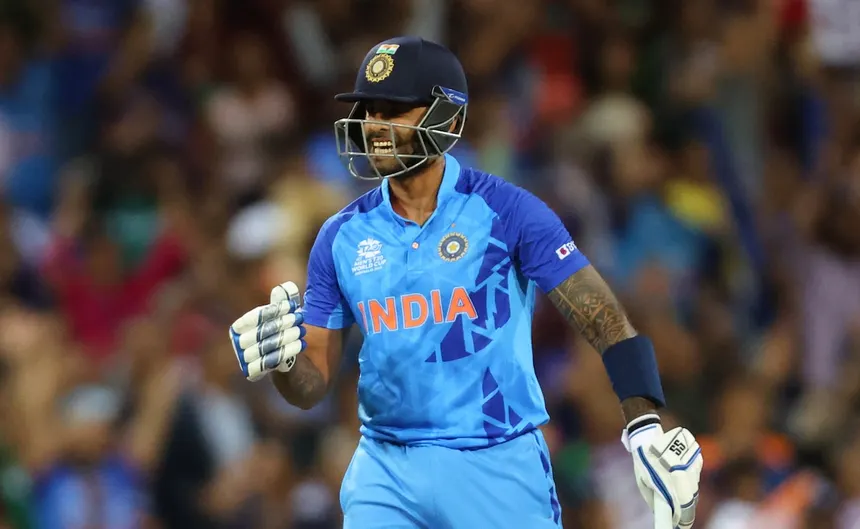
After India’s emphatic win over Pakistan in the Asia Cup 2025, captain Suryakumar Yadav’s post-match tribute dedicated to the victims of the Pahalgam terror attack stirred fierce debate. Many praised his gesture of solidarity, while others criticized it as political theatre—timed, performative, or a public relations move more than a heartfelt act. The split reflects growing tensions in how sport, nationalism, and emotion intersect in high-stakes cricket matches today.
On one side are supporters who believe Yadav’s tribute was sincere and needed. They pointed out that dedicating the win to the families of those killed in Pahalgam and acknowledging the Indian armed forces showed compassion and awareness. Given the recent attack, many felt it was appropriate for the Indian team to recognize national pain on a global stage, especially after beating arch-rivals Pakistan. For these fans, skipping the traditional handshake with Pakistan players right after the match was seen not as hostility, but a symbolic act of respect for the victims. They view Suryakumar’s comments and gesture as fitting for the moment, blending sportsmanship with empathy.
But in parallel, a loud backlash emerged online. Critics condemned the tribute, calling it “shameless,” “too little, too late,” or an attempt to manage optics rather than reflect genuine concern. Some suggested that it was conveniently timed to deflect criticism over low attendance, falling ticket sales, or public calls for boycotts. They saw the handshake snub, the speech, and the public display of patriotism as performative—a way to score political brownie points. Many questioned whether the gestures would translate into any meaningful action or support for the victims’ families.
Amid the split, people also raised questions about consistency and motives. If sporting victories are to carry such weight, critics asked, why weren’t other players or the BCCI more proactive in showing solidarity earlier? Why did it take a high-profile match against Pakistan for the tribute to occur? Some viewed it as reactive rather than proactive action, which made it feel less genuine.
Meanwhile, others urged that we avoid cynicism. They pointed out that athletes operate under scrutiny, with media, fans, and political expectations all influencing perceptions. For them, even if gestures sometimes teeter on prestige or optics, the emotional value to victims’ families and to fans who feel hurt should count. In their view, sport has long been a platform for national unity as well as grief, and players often walk a difficult line.
Suryakumar and team management appear aware of the divide. His statement during the presentation was measured—expressing solidarity without overt political criticism. The non-handshake was framed as an act of respect, not confrontation. The message was that while emotions are running high, the focus remains on professionalism and cricket. Yet, for some, the symbolism will always be suffused with meaning beyond the pitch.
Moving forward, what seems likely is that every action by Indian players in such matches—posture, speech, ceremony—will be scrutinized more than ever. In this climate, even culturally accepted traditions like handshakes may be transformed into statements, whether intended or not.
12BET Shortlisted for Sportsbook Operator of the Year at SBC Awards 2025

